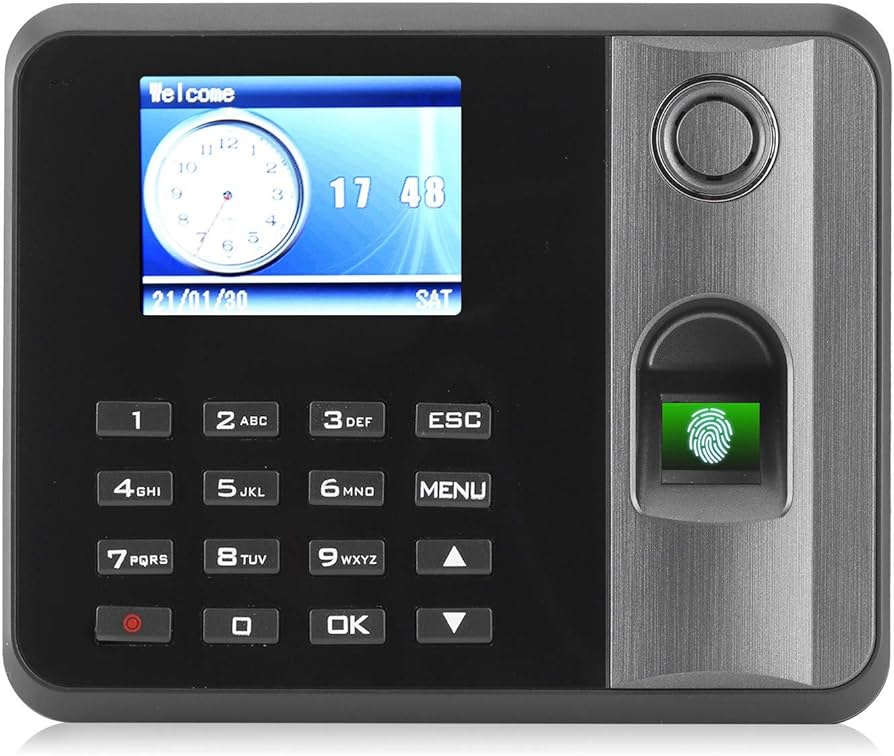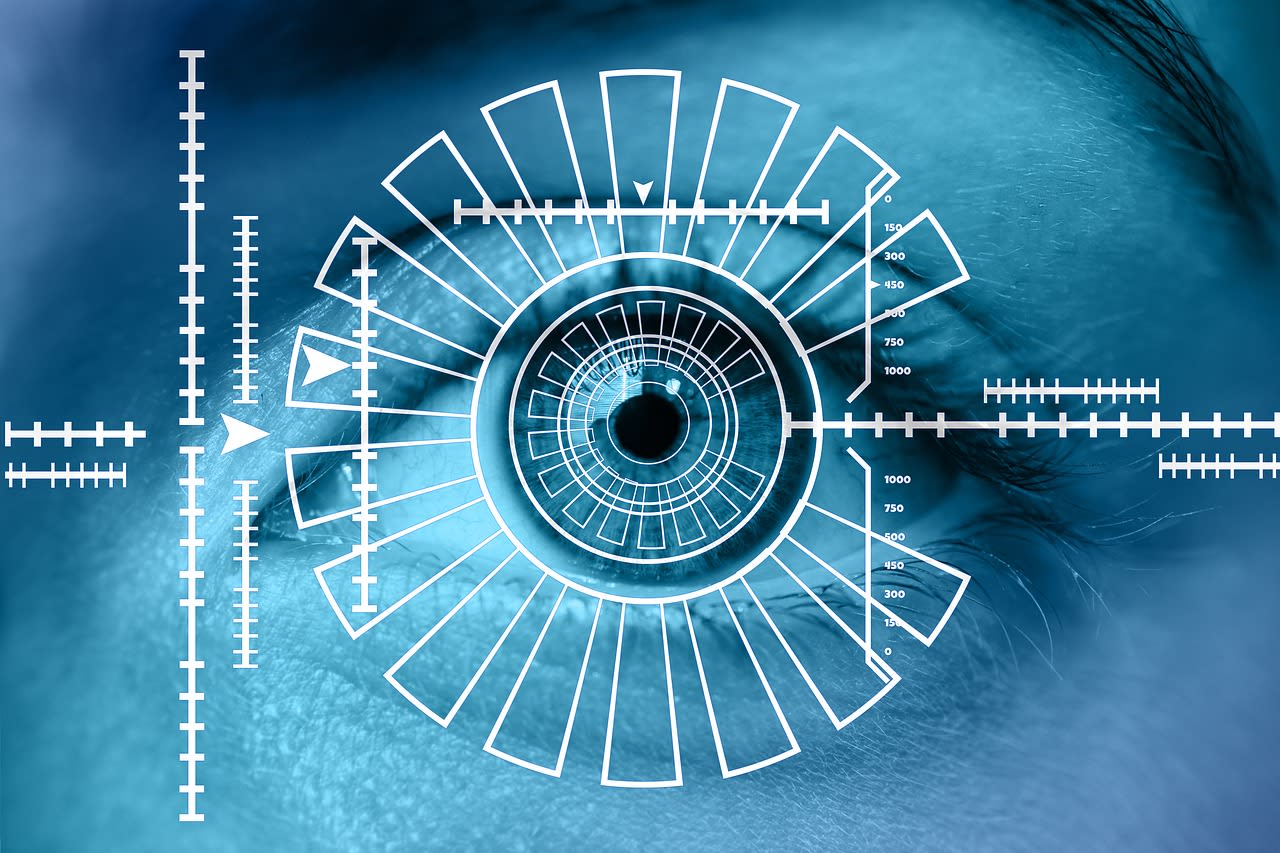The Era of Biometric Passwords: Are Written Passwords a Thing of the Past?
Biometric authentication has emerged as a cutting-edge solution to enhance online security and replace traditional written passwords. With this innovative approach, individuals can access their digital accounts using unique physical or behavioral traits. In this article, we will explore the rise of biometric passwords and their potential to revolutionize the way we protect our digital identities.
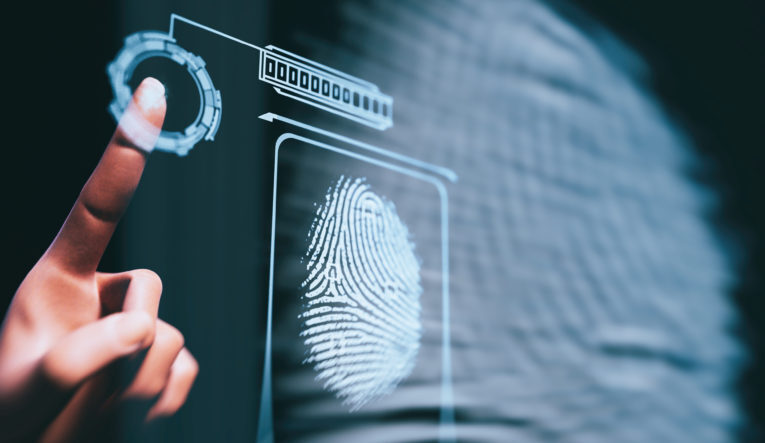
Understanding Biometric Passwords
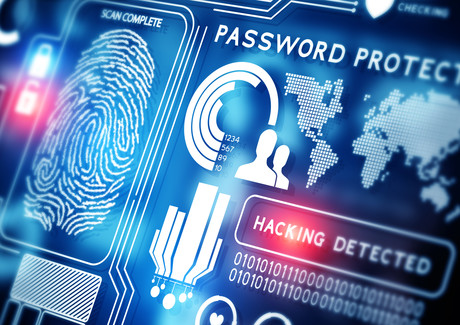
Biometric passwords utilize distinctive characteristics to confirm a user’s identity. These traits can include fingerprints, iris or facial recognition, voice patterns, or even a person’s entire hand geometry. By relying on individual biological or behavioral features, these passwords offer a higher level of security compared to traditional alphanumeric codes. With the increasing sophistication of biometric technology, organizations and individuals alike are adopting this form of authentication. Biometric passwords provide a seamless and convenient method of verification, eliminating the need to remember complex character combinations.
Biometric passwords: Enhanced Security and Convenience
One of the primary advantages of bio passwords is their significantly improved security. Unlike traditional passwords, which can be forgotten, stolen, or easily hacked, biometric traits are unique to each individual. This added layer of security minimizes the risk of unauthorized access or identity theft.
Moreover, bio passwords offer enhanced convenience. Users no longer need to rely on remembering numerous passwords or constantly resetting them due to security concerns. By simply scanning a fingerprint or looking into a camera, individuals can swiftly and securely access their accounts.

The Future of Authentication
As technology continues to advance, biometrics are becoming increasingly prevalent in both consumer and business environments. Mobile devices, such as smartphones and tablets, have integrated fingerprint and facial recognition, making them more secure and user-friendly.
Furthermore, financial institutions, government agencies, and healthcare providers are embracing biometric authentication to safeguard sensitive information. This trend indicates that biometric passwords are gradually becoming the standard method of access control, surpassing traditional written passwords.
Biometric passwords: Considerations and Limitations
While biopasswords offer numerous benefits, there are certain considerations and limitations to acknowledge. One key concern is the potential for false positives or false negatives in identification. Factors such as changes in appearance, injury, or variations in recognition systems can lead to authentication errors.
Another challenge is the need for robust data protection. As biometric information is stored and transmitted electronically, it is vital to implement strong encryption methods and safeguard against potential data breaches.
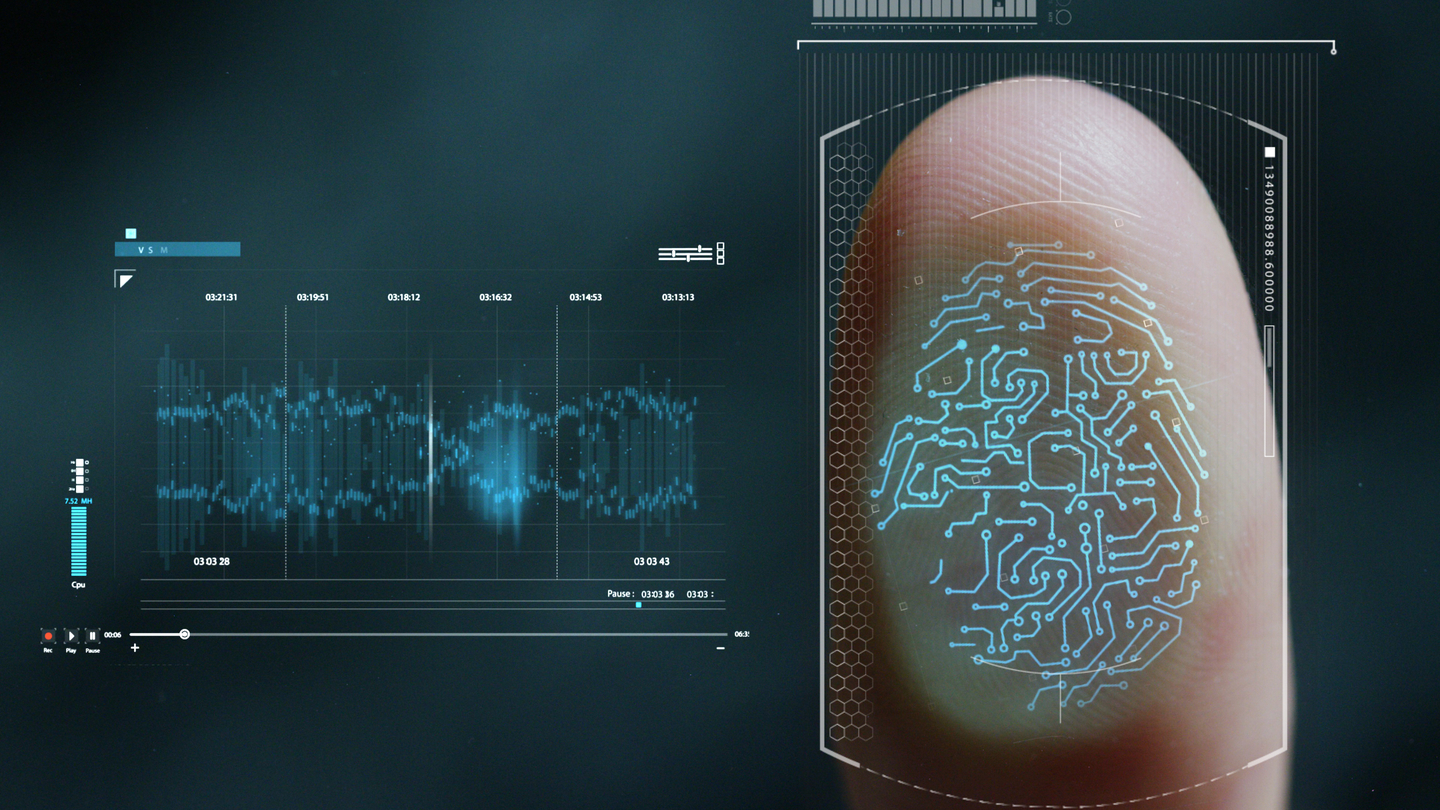
The Importance of User Consent
When utilizing biometric passwords, it is crucial to prioritize user consent and privacy. Organizations must adopt appropriate policies and procedures to ensure transparent usage and consent for collecting and storing biometric data. Legal frameworks also play a vital role in protecting user rights and fostering responsible use of biometric authentication.
Biometric passwords: The Road Ahead

As the digital landscape continually evolves, this passwords are emerging as a secure and convenient solution to replace traditional written passwords. With stronger security measures and greater user convenience, biometric authentication is poised to become the standard in the authentication landscape.
While it is unlikely that written passwords will fade away entirely in the near future, the widespread adoption of bio passwords indicates a significant shift in the way we protect our digital identities. By embracing this innovative approach, we can enhance online security and streamline the authentication process for a more seamless and user-friendly experience.
